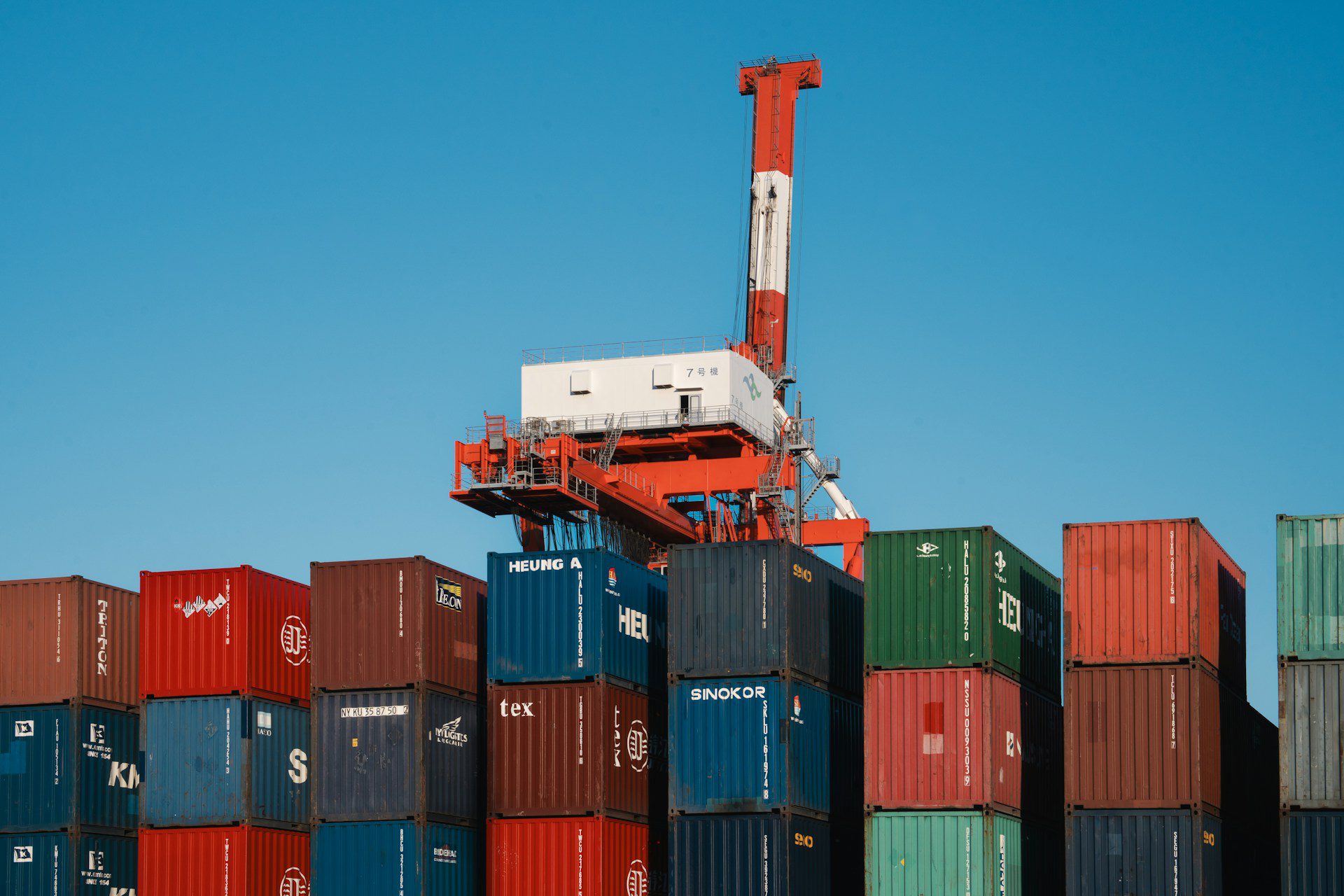
U.S., Japan launch task force on rights and labor standards in supply chains
WASHINGTON, Jan 6 (Reuters) – The United States and Japan on Friday launched a task force to promote human rights and international labor standards in supply chains, amid shared concerns about China’s treatment of Uyghur Muslims, and said they would invite other governments to join the initiative.
The two sides also signed an updated memorandum of cooperation on cybersecurity to strengthen operational collaboration and hosted a roundtable with Japanese business representatives on upholding human rights and preventing use of forced labor in supply chains, a U.S. statement said.
The signings came ahead of a visit to Washington next week by Japanese Prime Minister Fumio Kishida for talks expected to focus on shared concerns about China’s growing might and other pressing international issues.
U.S. Trade Representative Katherine Tai signed a memorandum on the labor-standards initiative with Japan’s visiting Minister of Economy, Trade and Industry Yasutoshi Nishimura.
Nishimura’s ministry said the task force envisaged information-sharing on reporting, best practices and enforcement practices, as well as dialogue with stakeholders, including businesses.
Japan’s Yomiuri Shimbun newspaper this week cited Japanese officials as saying the move was spurred by issues such as alleged forced labor of minority Muslims in China’s Xinjiang region and that Japan would seek to promulgate regulations that Washington has strengthened to tackle such problems.
Tai and Nishimura said they would invite other governments to join the effort.
“The United States and Japan cannot do this alone,” Tai said. “To make this work, we must partner with all relevant stakeholders – worker organizations, businesses, and civil society – to bring about lasting and meaningful change. We must also invite other governments to join us as we push ahead to safeguard the dignity of workers everywhere.”
USTR said Tai and Nishimura also discussed Japan’s priorities during its current presidency of the Group of Seven nations, Tokyo’s review of its biofuels policies, and Japan’s concerns about electric vehicle tax credits included in the U.S. Inflation Reduction Act.
The cybersecurity memorandum was signed by Nishimura and U.S. Secretary of Homeland Security Alejandro Mayorkas, who later jointly hosted a roundtable with Japanese business representatives on upholding human rights and preventing use of forced labor in supply chains, a DHS statement said.
Nishimura on Thursday called for a “new world order” to counter authoritarian regimes that have been bolstered by post-Cold War free trade and economic interdependence.
A senior U.S. official told Reuters last year that U.S. allies appeared committed to following Washington’s lead in banning forced labor goods from Xinjiang.
The United States’ Uyghur Forced Labor Prevention Act took effect last year to cut U.S. imports of products from Xinjiang, where Washington accuses China of committing genocide against ethnic Uyghurs and other Muslims, and herding them into camps. Beijing denies abuses in Xinjiang.
“We must address forced labor at each stage of our supply chains,” Tai said. “Whether it’s the cotton in the clothes we wear or metals in the cars we drive, such abuses threaten to undermine the very foundations of our system.”
